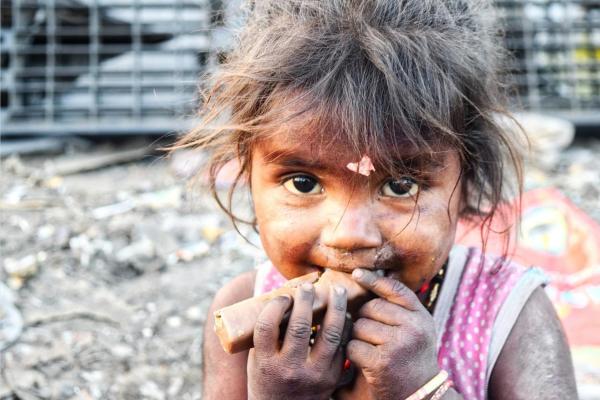People often take drastic steps when they're hungry. Sri Lanka's leadership discovered this firsthand after it banned imports of synthetic fertilizers and pesticides last year. As experts predicted, this policy sparked widespread food shortages and price increases that left millions of people without enough to eat. These warnings from agricultural scientists, both inside and outside Sri Lanka, were summarily dismissed by the government, which chose instead to follow the advice of organic-food activists.
When the country collapsed into chaos, the same groups that cheered Sri Lanka's shift toward all-organic farming fell silent or tried to deflect blame for the ensuing food shortages. What lessons should governments learn from Sri Lanka's tragic experiment? I joined Lars Larson last week to discuss just how dangerous the anti-GMO movement can be.




